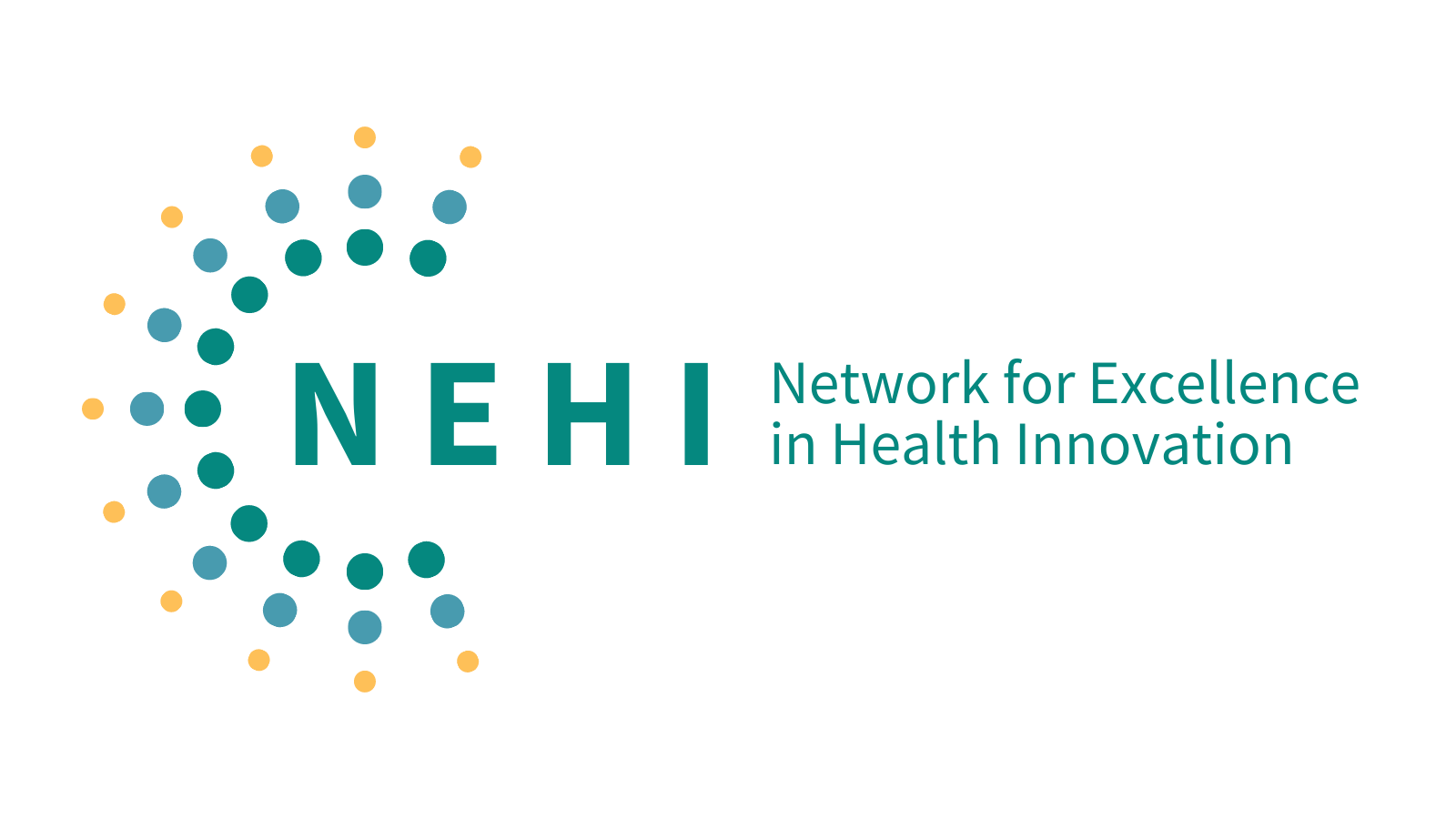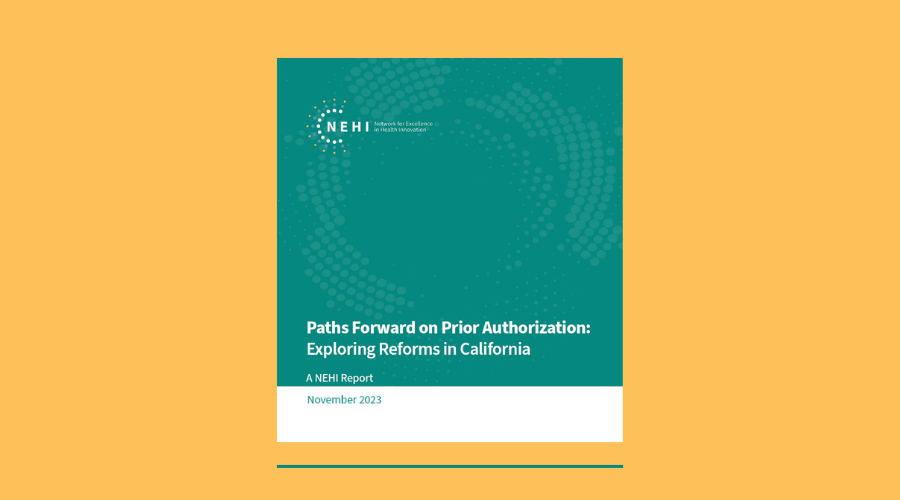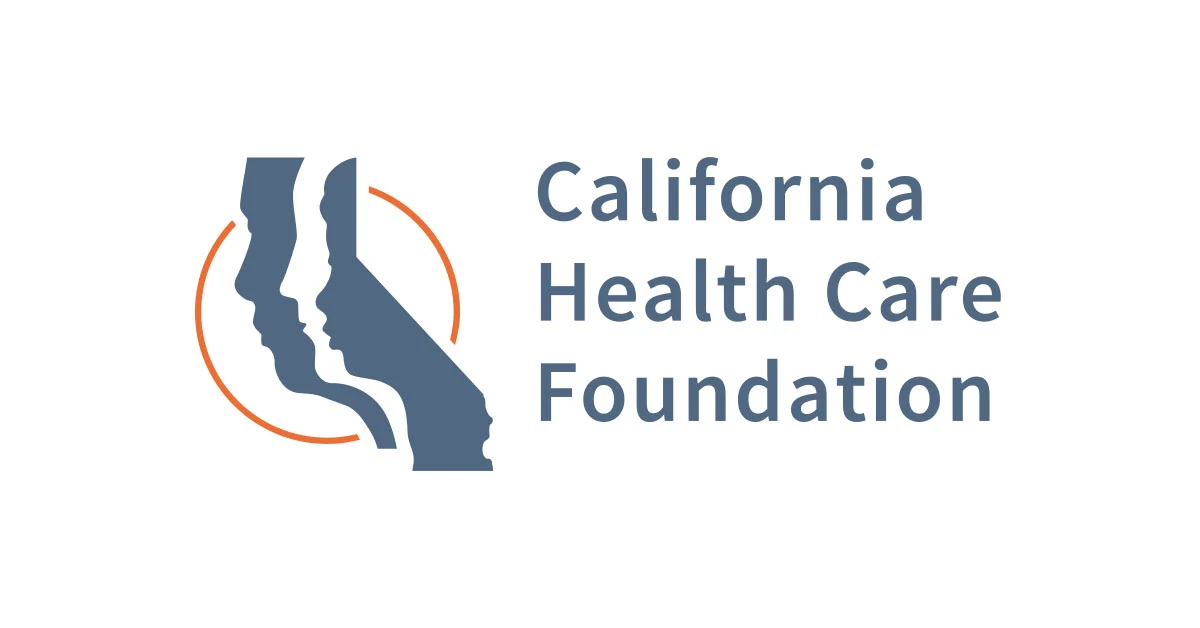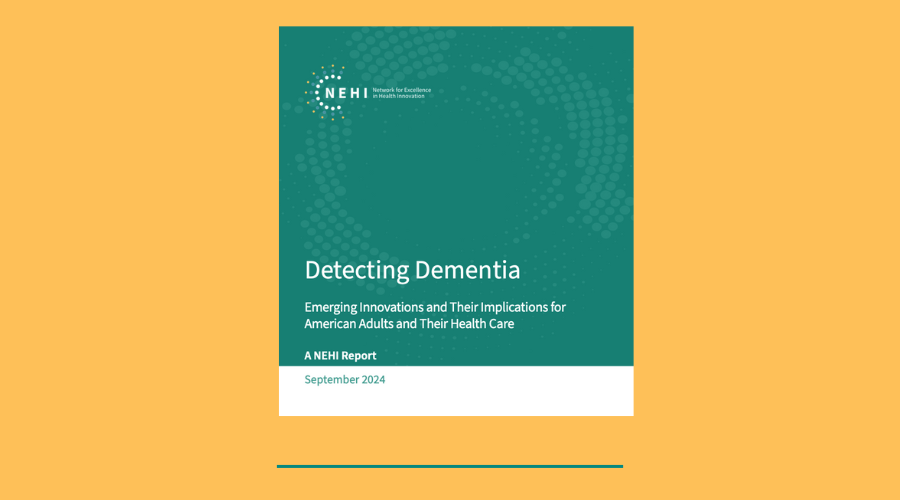Prior authorization, a process through which a provider receives approval from a health plan to provide a specific service or treatment to a particular patient, exists to ensure patients receive evidence-based care, protect patient safety, avoid treatment misuse and subsequent spending, and contain healthcare costs. Alternatively, the way in which many prior authorization requests are submitted (i.e., manual or partially electronic methods) can cause delays in treatment, contribute to health inequities, drive administrative burden and costs, and cause general confusion over a lack of process transparency.
Prior authorization requirements have increased over recent years, thereby increasing the burdens associated with the process. This has prompted major stakeholder groups representing payers, providers, and consumers to call for urgent reform efforts. Federal and state entities have answered these calls by introducing potential reforms.
The California Health Care Foundation (CHCF) has engaged NEHI to consider the views of major stakeholders in CA on improving PA processes. The primary project deliverable will be an assessment of reform efforts that have the greatest impact in addressing prior authorization issues, incorporating project participants’ perspectives on the feasibility of implementing these.
This preliminary report provides:
- Background on the California healthcare market and prior authorization practices;
- A literature scan on prior authorization’s utility and issues; and
- A discussion of federal, state, and voluntary prior authorization proposals and reforms over the last decade.
Co-Author:

Wendy Warring, J.D.
President and CEO
Project Sponsor
We want to thank the California Health Care Foundation for funding this work.


.png?width=75&height=75&name=Download%20(5).png)


.png)

.png)

